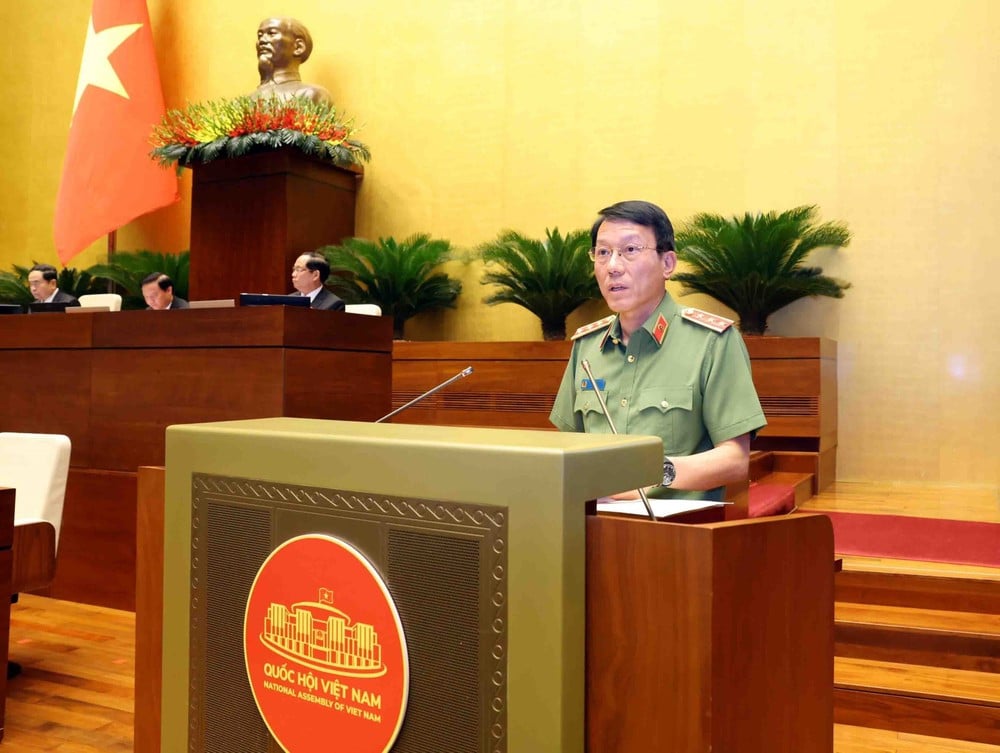
After 12 years of implementing the Law on Prevention and Combat of Human Trafficking in 2011, reality has created an urgent need to amend and supplement the law to resolve existing problems, difficulties, obstacles and inadequacies while meeting the practical requirements of the work of preventing and combating human trafficking now and in the future.
Accordingly, in the National Assembly session this afternoon, June 7, Minister of Public Security Luong Tam Quang presented the Report on the draft Law on Prevention and Combat of Human Trafficking (amended).
Add a series of victim protection modes
Minister of Public Security Luong Tam Quang said the draft law submitted to the National Assembly consists of 8 chapters and 66 articles. Compared to the 2011 Law on Prevention and Combat of Human Trafficking, the draft law retains the same number of chapters, amends and supplements the content of 52/58 articles, creates 9 new articles, and removes 1 article.
“Amending and supplementing the Law on Prevention and Control of Human Trafficking is an urgent and objective requirement to perfect the law on prevention and control of human trafficking, create a unified and comprehensive awareness of the work of preventing and control of human trafficking in the coming time; enhance the responsibility of individuals, families, agencies, organizations and the whole society in the work of preventing and control of human trafficking, contributing to stabilizing the security, order and social safety situation; improve the effectiveness of state management of prevention and control of human trafficking…”, Minister Luong Tam Quang emphasized.
Accordingly, the draft law focuses on a number of basic contents such as: Supplementing regulations on the concept of "human trafficking"; amending and supplementing regulations on the basis for identifying victims and regulations on sources of documents and evidence to identify victims, along with a number of other bases for identifying victims.
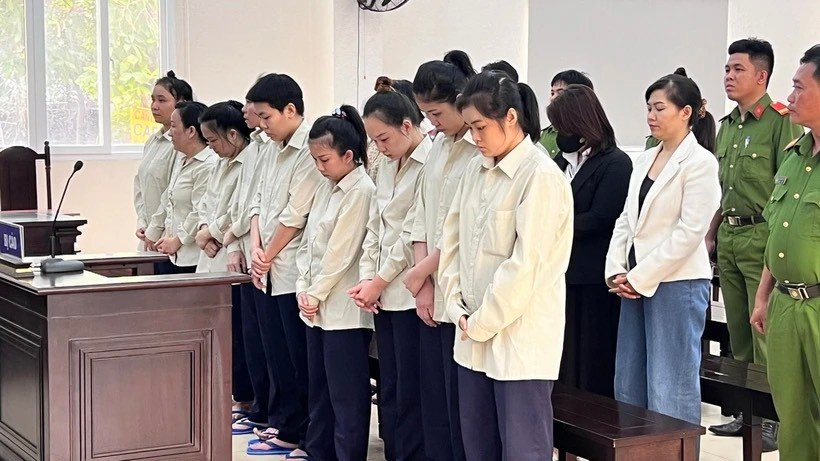
This amendment and supplement aims to create consistency in legal regulations, in accordance with the Protocol on the prevention, punishment and suppression of trafficking in persons, especially women and children (supplementing the United Nations Convention against Transnational Organized Crime), the ASEAN Convention against Trafficking in Persons, especially Women and Children and other relevant international treaties to which Vietnam is a member; ensuring compliance with the provisions of the 2015 Penal Code (amended and supplemented in 2017).
The draft law also adds provisions on the concept of "person in the process of being identified as a victim" and adds provisions on support and protection regimes for people in the process of being identified as victims, including: support for essential needs and travel expenses; medical support; psychological support; legal aid; and support for translation costs during the victim identification process.
In addition, the draft law adds provisions to improve the support regime for victims compared to the provisions of the current law, including: all victims who wish to return to their place of residence will be supported with travel expenses and food expenses to return to their place of residence; supported with medical examination and treatment costs; supported to stabilize their psychology; all victims will receive legal aid... This amendment and supplement aims to ensure and protect human rights and victims' rights, in accordance with the current socio-economic conditions of Vietnam and in the future.
In addition, Minister of Public Security Luong Tam Quang also said that the draft law also adds other contents to comply with the provisions of the 2013 Constitution and related laws, in accordance with international treaties to which Vietnam is a member; in accordance with the current practice of preventing and combating human trafficking and meeting the requirements of this work in the coming time.
Ensuring the unity and synchronization of the legal system
Examining the draft Law on Prevention and Combat of Human Trafficking (amended), Chairwoman of the National Assembly's Judiciary Committee Le Thi Nga stated that the Judiciary Committee agrees with the need to comprehensively amend the Law on Prevention and Combat of Human Trafficking.
The Chairman of the National Assembly's Judiciary Committee assessed that the draft law dossier was carefully prepared, with full documentation as prescribed in Clause 1, Article 64 of the Law on Promulgation of Legal Documents, and qualified to be submitted to the National Assembly for consideration and comments. On the other hand, the Judiciary Committee also agreed with the scope of regulation of the draft law. This is consistent with the three major policy groups stated in the Government's Submission No. 435/TTr-CP dated September 5, 2023.
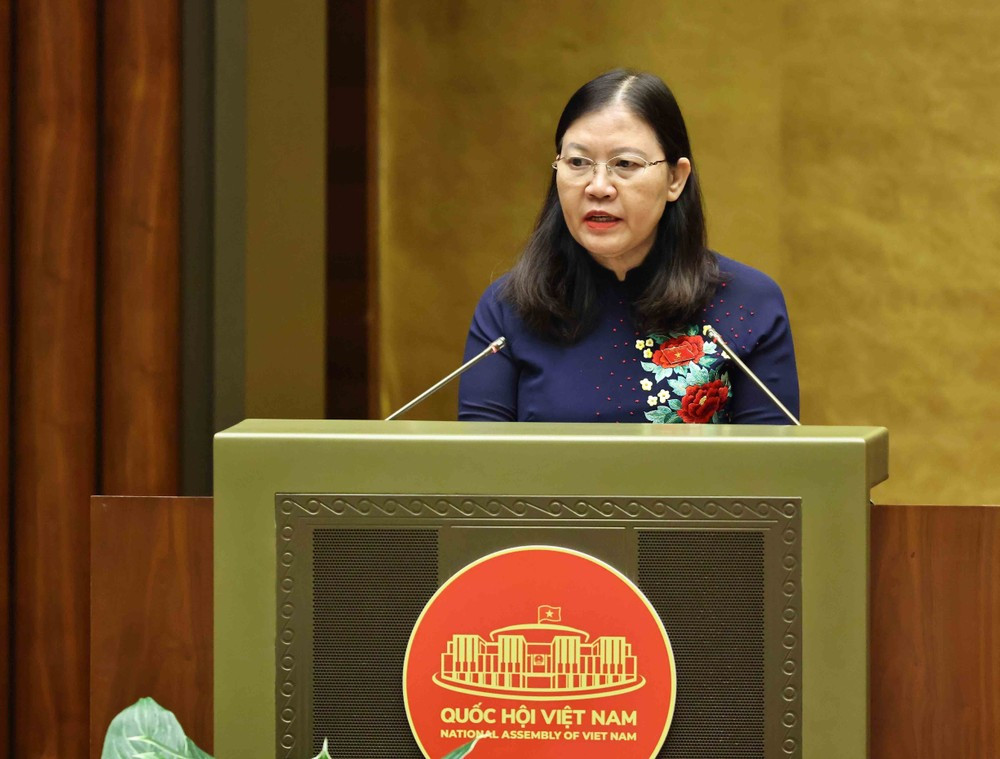
According to Chairwoman of the Judiciary Committee Le Thi Nga, the contents of the draft law have been fully and comprehensively institutionalized, consistent with the Party's policies and guidelines on preventing and combating human trafficking, the 2013 Constitution; basically consistent with the legal system and compatible with relevant international treaties to which Vietnam is a member.
However, regarding some specific provisions of the draft law, the representative of the Judiciary Committee suggested that the drafting agency continue to review to ensure the consistency and synchronization of the legal system, as well as more fully internalize some provisions of the Protocol on the Prevention, Suppression and Punishment of Trafficking in Persons, Especially Women and Children (Palermo Protocol), the ASEAN Convention on the Prevention and Suppression of Trafficking in Persons, Especially Women and Children (ACTIP Convention)... and bilateral international treaties that Vietnam has signed with other countries.
Delegate Nguyen Cong Long, Dong Nai:
“The draft Law on Prevention and Combat of Human Trafficking (amended) has been amended quite comprehensively, from regulations on border management, household registration management, to control of businesses in sensitive industries. Because our human trafficking situation not only occurs across the border but also occurs very seriously in businesses in sensitive industries. Therefore, I think that state management agencies need to regularly check and inspect these establishments.”
Source


![[Photo] Flooding on the right side of the gate, entrance to Hue Citadel](https://vphoto.vietnam.vn/thumb/1200x675/vietnam/resource/IMAGE/2025/10/28/1761660788143_ndo_br_gen-h-z7165069467254-74c71c36d0cb396744b678cec80552f0-2-jpg.webp)


![[Photo] Draft documents of the 14th Party Congress reach people at the Commune Cultural Post Offices](https://vphoto.vietnam.vn/thumb/1200x675/vietnam/resource/IMAGE/2025/10/28/1761642182616_du-thao-tai-tinh-hung-yen-4070-5235-jpg.webp)

![[Photo] National Assembly Chairman Tran Thanh Man received a delegation of the Social Democratic Party of Germany](https://vphoto.vietnam.vn/thumb/1200x675/vietnam/resource/IMAGE/2025/10/28/1761652150406_ndo_br_cover-3345-jpg.webp)



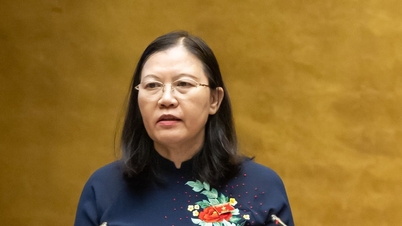


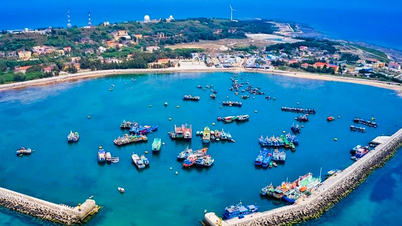

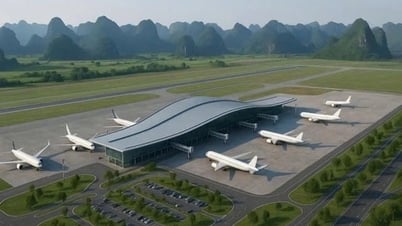
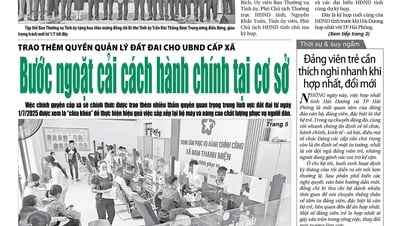
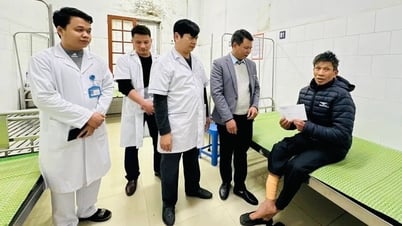






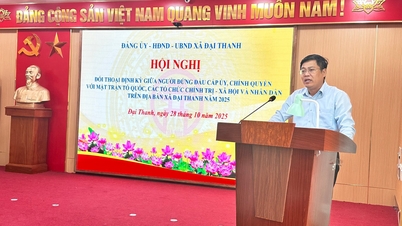
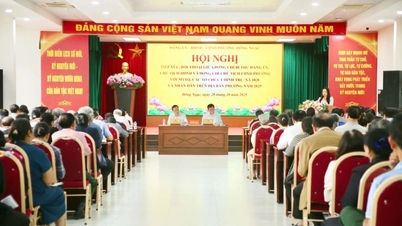
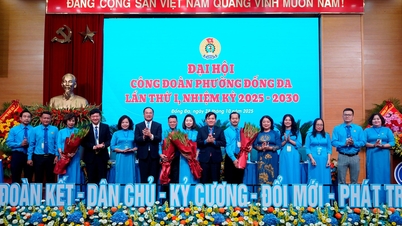
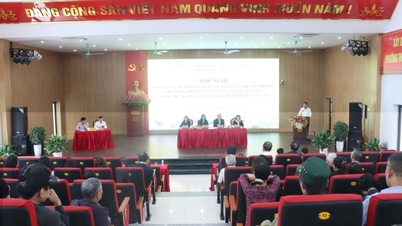
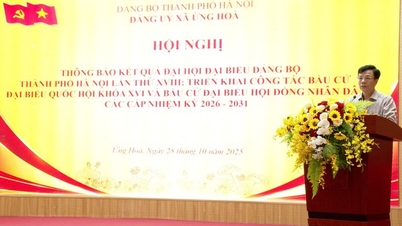
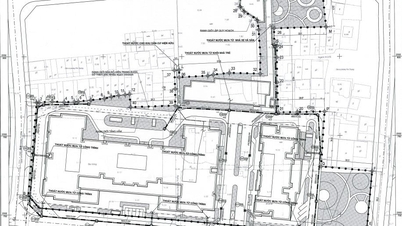

![[Photo] President Luong Cuong attends the 80th Anniversary of the Traditional Day of the Armed Forces of Military Region 3](https://vphoto.vietnam.vn/thumb/1200x675/vietnam/resource/IMAGE/2025/10/28/1761635584312_ndo_br_1-jpg.webp)

































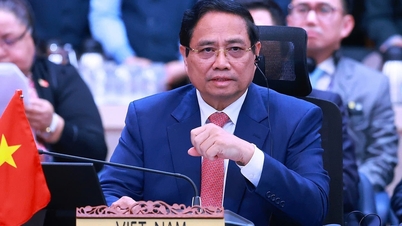


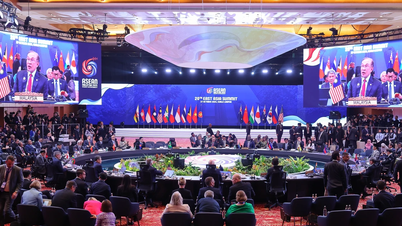
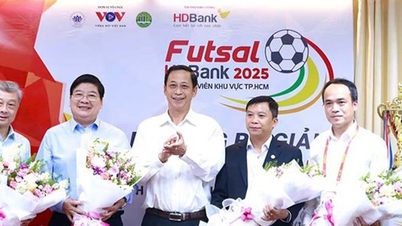



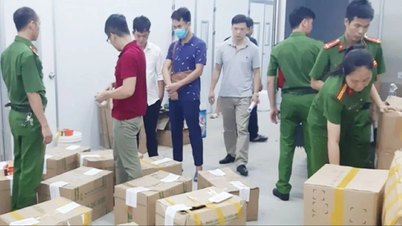

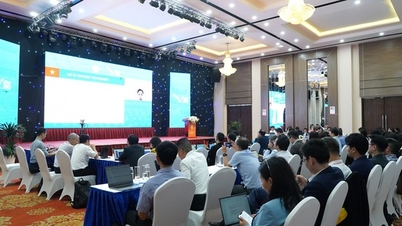

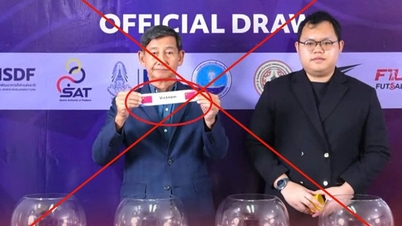

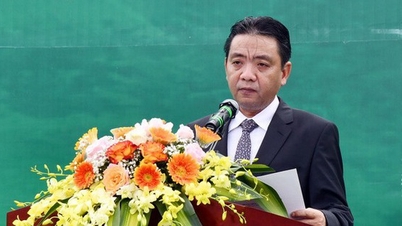
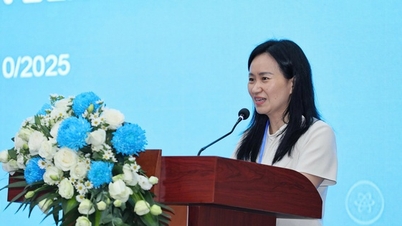
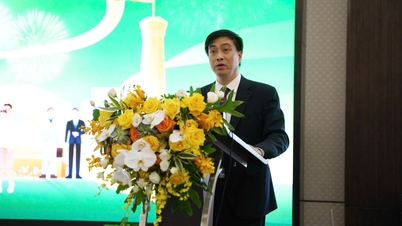


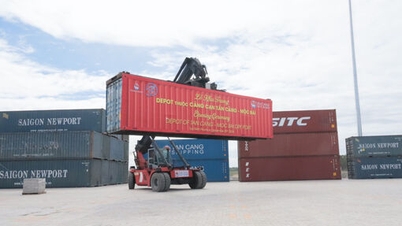

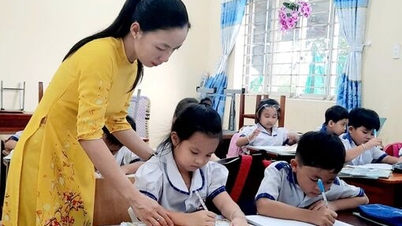
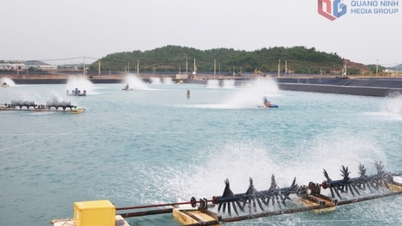



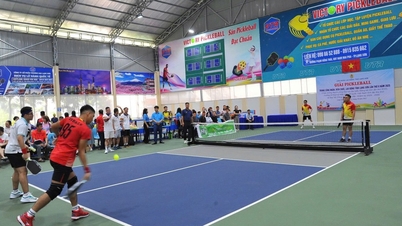

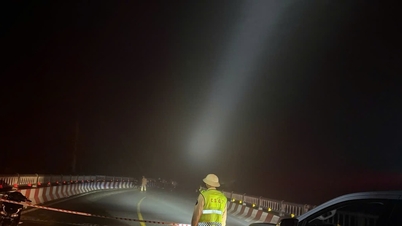
















Comment (0)